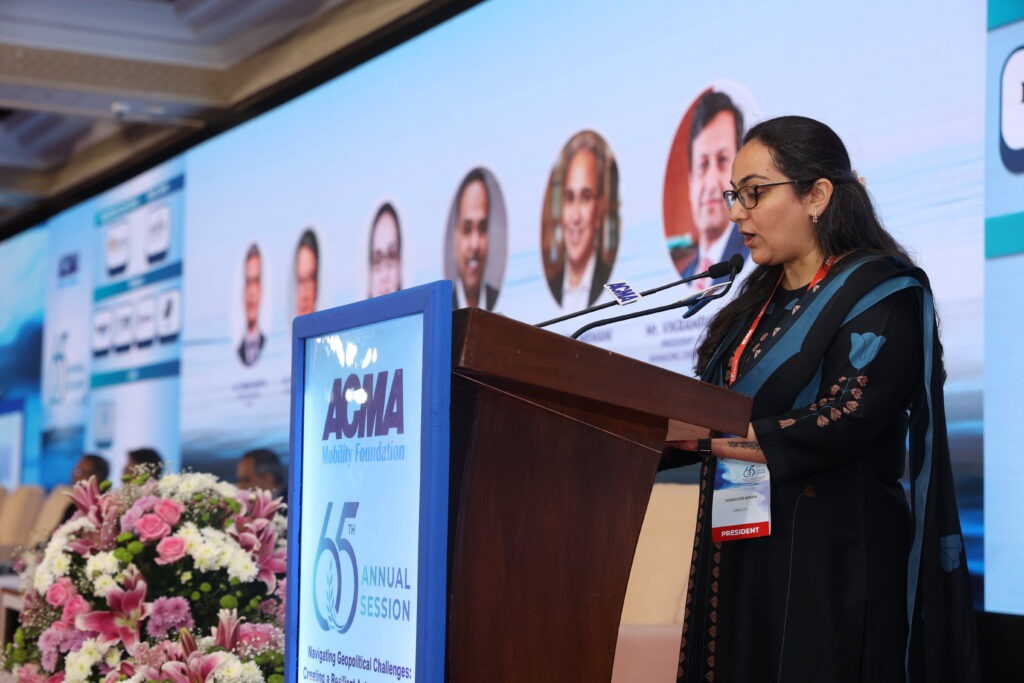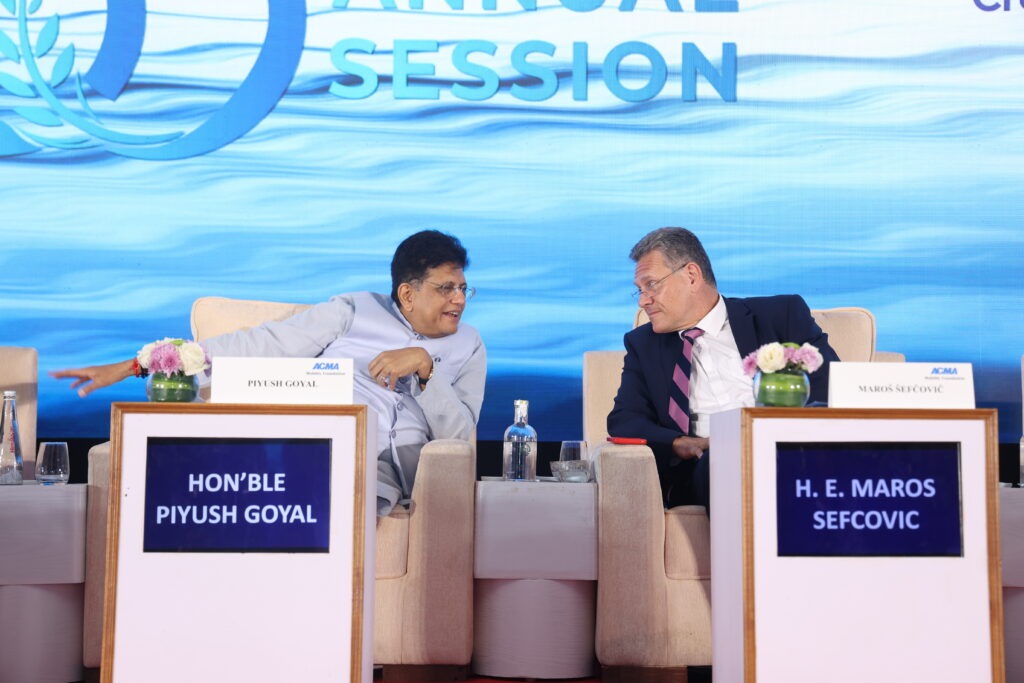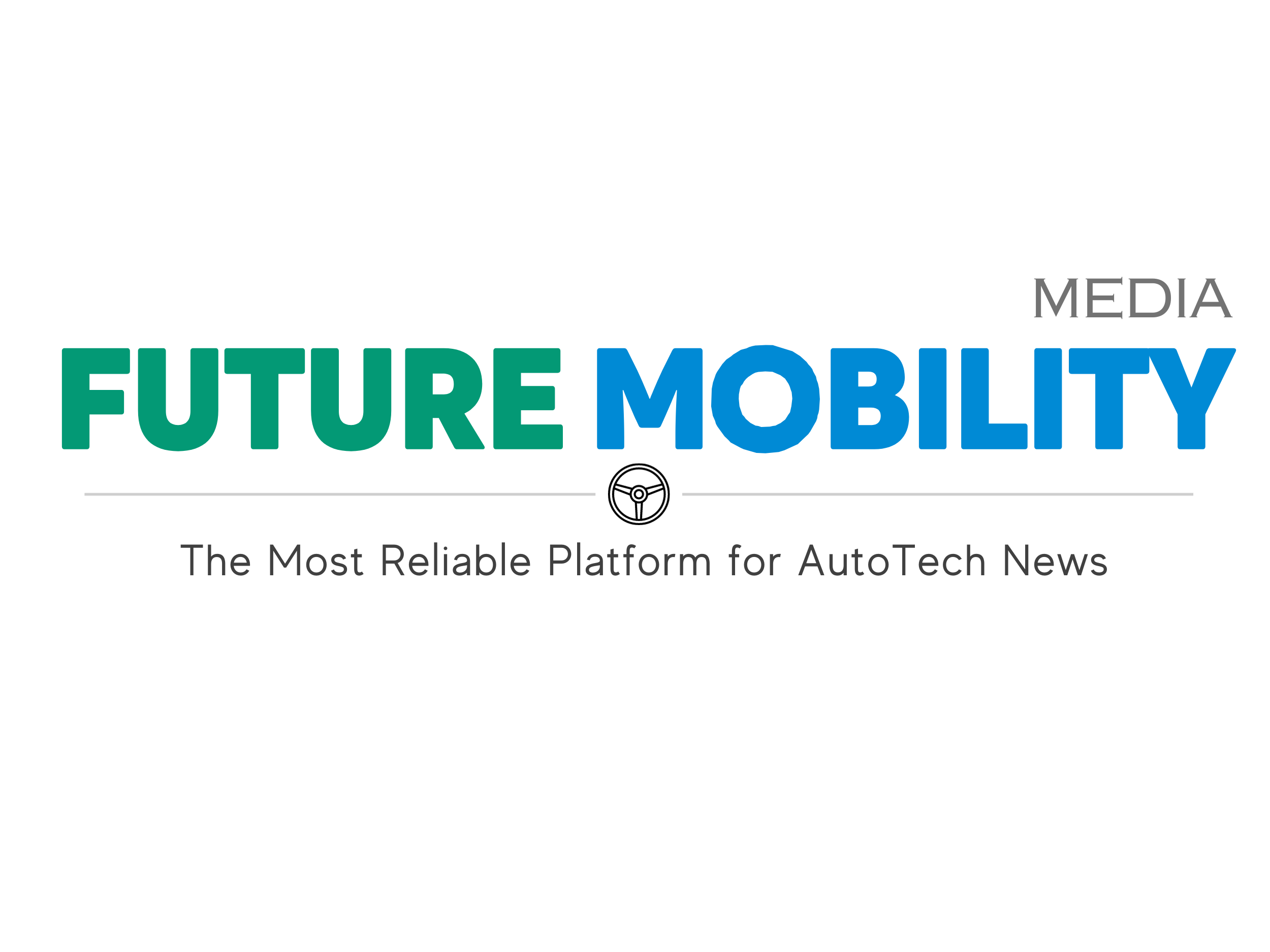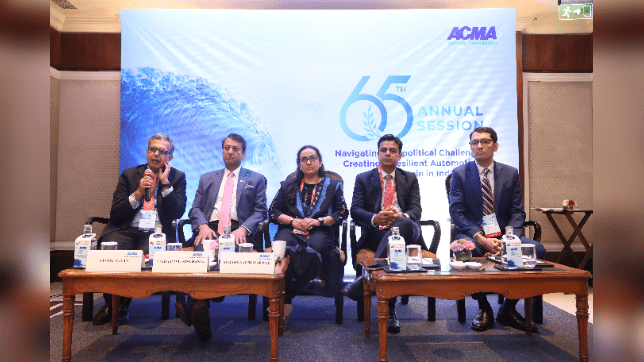The Automotive Component Manufacturers Association of India (ACMA), the apex body of the Indian auto component industry, held its 65th Annual Session in New Delhi.
The theme of this year’s event was “Navigating Geopolitical Challenges – Creating a Resilient Automotive Supply Chain in India.” The session brought together senior policymakers, global leaders, and industry captains to discuss India’s growing role in global supply chains.

Participation from Government and Global Leaders
The day-long event saw the participation of:
- Shri Nitin Gadkari, Hon’ble Minister of Road Transport & Highways
- Shri H.D. Kumaraswamy, Hon’ble Minister of Heavy Industries & Steel
- Shri Piyush Goyal, Hon’ble Minister of Commerce & Industry
- H.E. Mr. Maroš Šefčovič, European Commissioner for Trade and Economic Security
Alongside them, leading executives from Indian and global automotive companies also joined the discussions.
Industry Growth and Resilience
In her opening address, Shradha Suri Marwah, President of ACMA & CMD of Subros Ltd., highlighted the resilience of the industry.
She said:
“India’s auto component sector expanded beyond $80 billion in FY25, with exports crossing $23 billion — proof of our growing reputation as a trusted global partner. The road ahead demands resilience as we navigate geopolitical headwinds, technology disruptions, and sustainability goals. With initiatives like the ACMA Mobility Foundation and strong policy support, India will emerge as a globally competitive hub for mobility components.”

ACMA–McKinsey Study Launched
A key highlight was the launch of the ACMA–McKinsey Study on “Shaping the Future of India’s Auto Component Industry amid Global Trade Shifts.”
The study projects the sector to reach USD 200 billion by 2030, driven by domestic demand, exports, and opportunities in both traditional ICE components and next-gen EV and connected solutions.
It also flagged risks from tariffs, carbon taxes, and dependence on imports of rare earths and semiconductors.
Government Policy Push
At the launch, Shri H.D. Kumaraswamy emphasized the government’s reforms:
“The PLI scheme has attracted over ₹29,500 crore in investments and created 45,000+ jobs. The PM-eDRIVE programme is boosting e-mobility from two-wheelers to electric buses and trucks. Our goal is to ensure clean mobility is accessible to all while building resilience, innovation, and competitiveness.”
Industry and Policy Insights
The event also featured fireside chats and panel discussions with leaders from:
- McKinsey & Company
- Sona Comstar
- Switch Mobility
- VW Group India
- Hero MotoCorp
- Infineon Technologies
- Brakes India
- Bosch India
- ZF India
Discussions focused on strategies to de-risk supply chains, localize critical technologies, and improve competitiveness.
Vision for 2030
At the valedictory session, Shri Nitin Gadkari shared a long-term vision:
“Our aim is to make India the global hub for smart, safe, sustainable, and affordable mobility by 2030. Wider adoption of clean fuels like electricity, ethanol, hydrogen, biofuels, LNG, and CNG, along with innovation, will drive this goal.”
Shri Piyush Goyal also reaffirmed India’s role as a trusted global partner:
“As global trade faces disruptions, India and the EU are working on a fair Free Trade Agreement. Reducing GST on auto parts to 18% is one step to formalize supply chains and support growth.”
Adding a global perspective, H.E. Maroš Šefčovič underlined EU–India collaboration:
“The EU is India’s largest trading partner with $140 billion in trade. By combining Europe’s technology strengths with India’s scale, we can build resilient supply chains and advance shared climate goals.”
Strong Industry Participation
The 65th Annual Session saw over 1,200 delegates, including senior government officials, OEMs, component makers, suppliers, diplomats, and other stakeholders.
The event reinforced ACMA’s role as the voice of India’s auto component industry and its growing influence in global dialogues.



